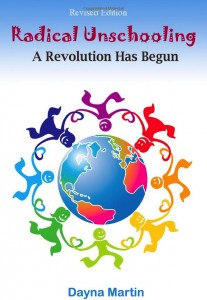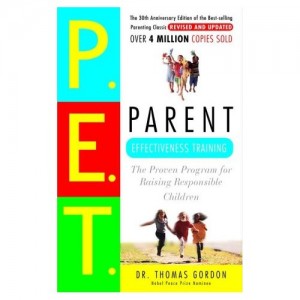
Radical Unschooling – A Revolution Has Begun. This book covers not only unschooling — the practice of child-lead education without school — but also parenting topics from an attachment parenting perspective, including many of the age-old challenges of parenting such as bedtimes, food, chores, etc.
In my heart of hearts, I’ve always been a Radical Unschooler. There is no doubt in my mind that families and our global community would be far healthier if this approach were embraced.
– Dr. Christiane Northrup, MD, Author of “The Secret Pleasures of Menopause” and “Women’s Bodies, Women’s Wisdom”
Full of brilliant common sense! Mrs. Martin takes us behind the curtain to see in rich detail what alternative education really looks like when it bestows upon its subjects the freedom to choose. Every parent who feels compelled to give their kids into the care of total strangers should read this book.
– John Taylor Gatto, Author of “Dumbing Us Down” and “Weapons of Mass Instruction”
Buy Radical Unschooling Online at Amazon
Sample excerpt from the book:
Chores (p27-28)
Our kids do not have “chores.” They do, however, joyfully help out around the house. Devin likes to vacuum, and Datoka and Ivy like to dust, clean windows, and sweep the kitchen. Our kids clean because it makes sense to do so. They enjoy being part of this aspect of our family living. I never make them clean their rooms. I take responsibility to keep their rooms clean because I know that if I provide them with models of clean, organized space, they will get used to having it that way and keep up with it as they get older.



